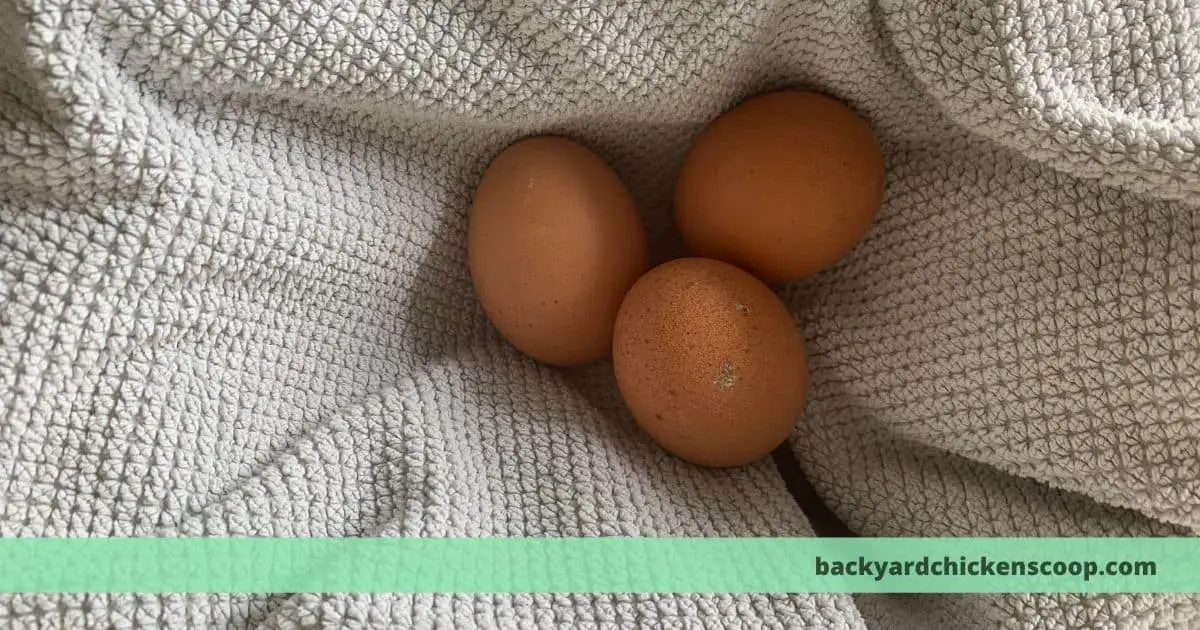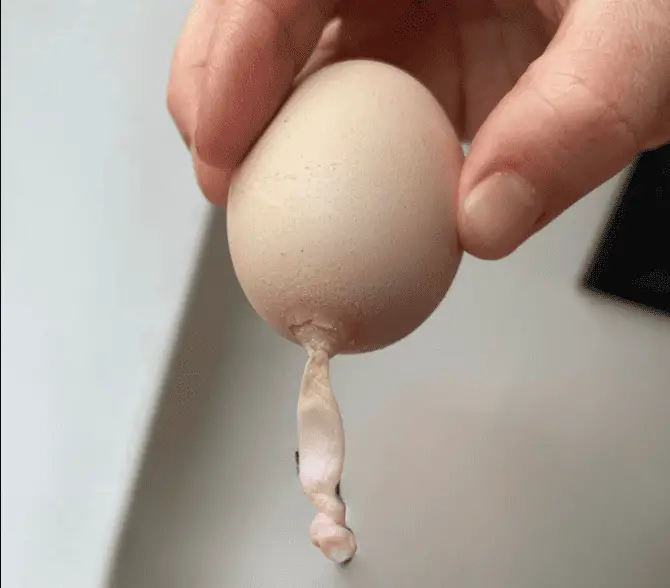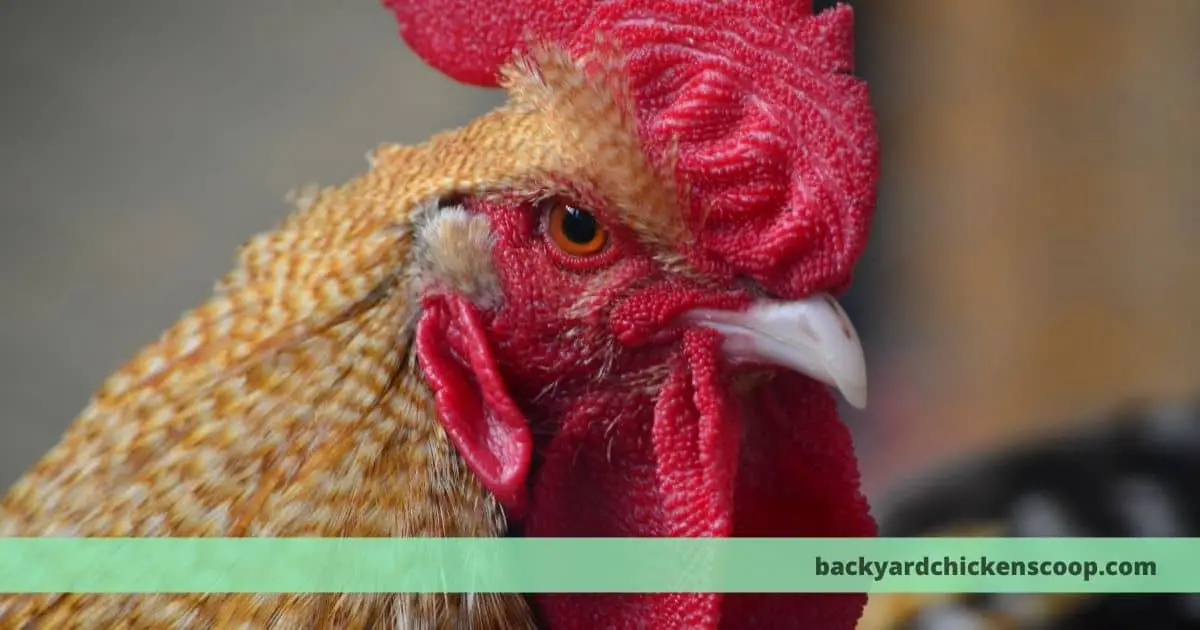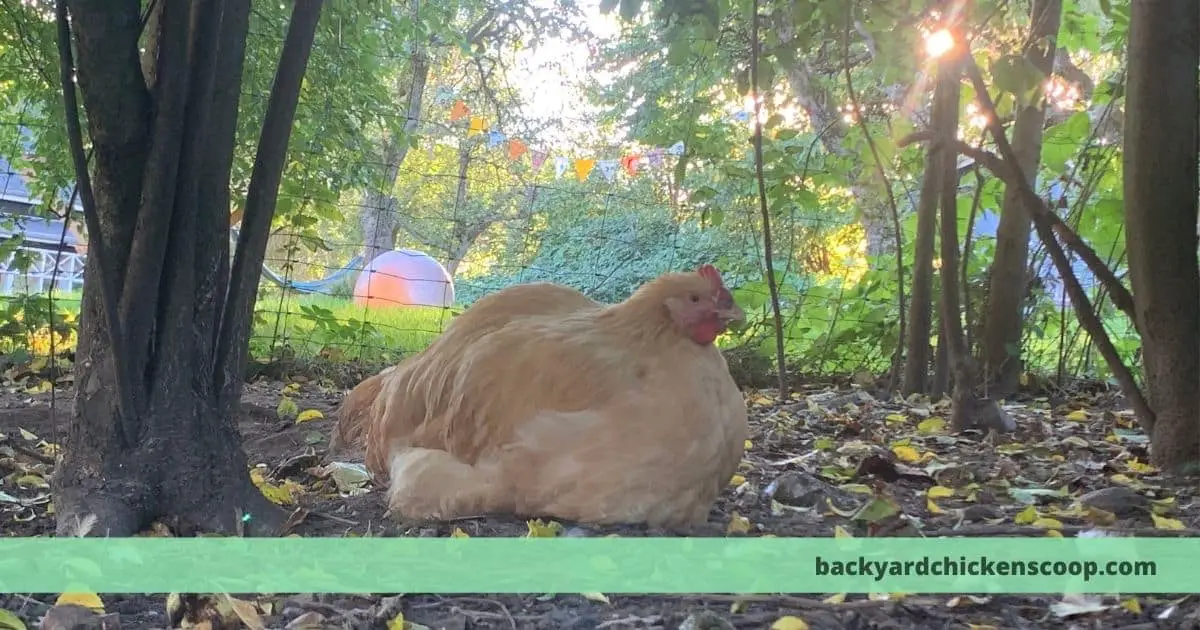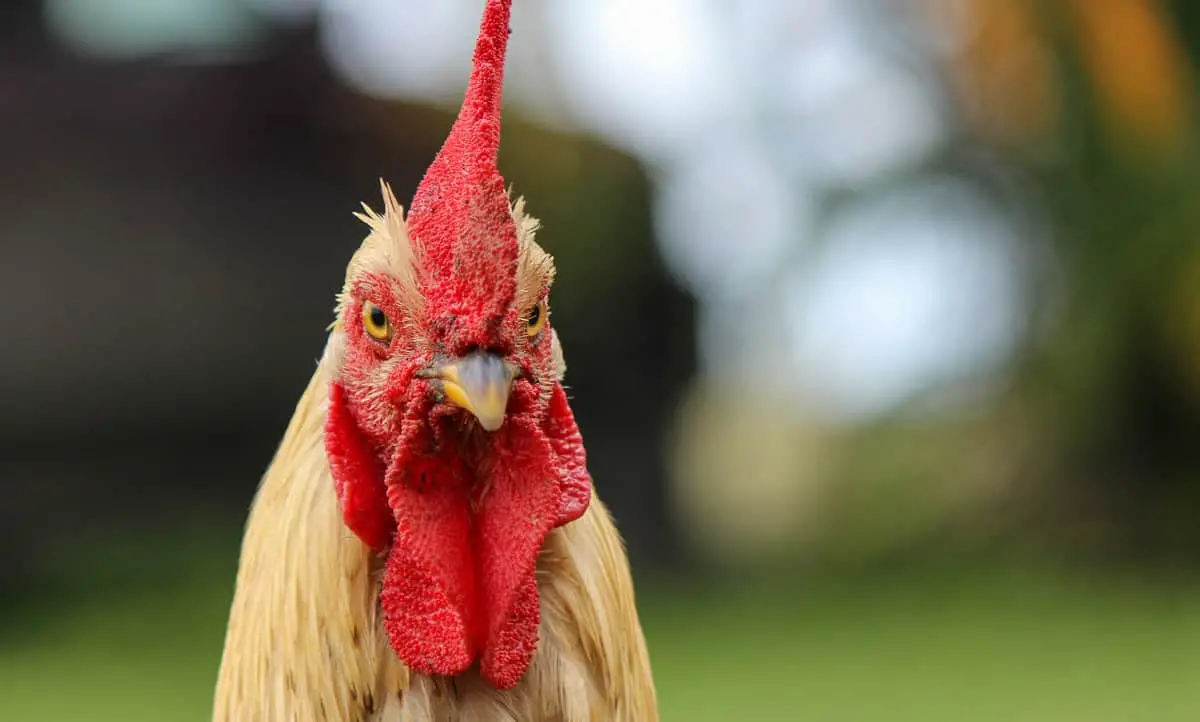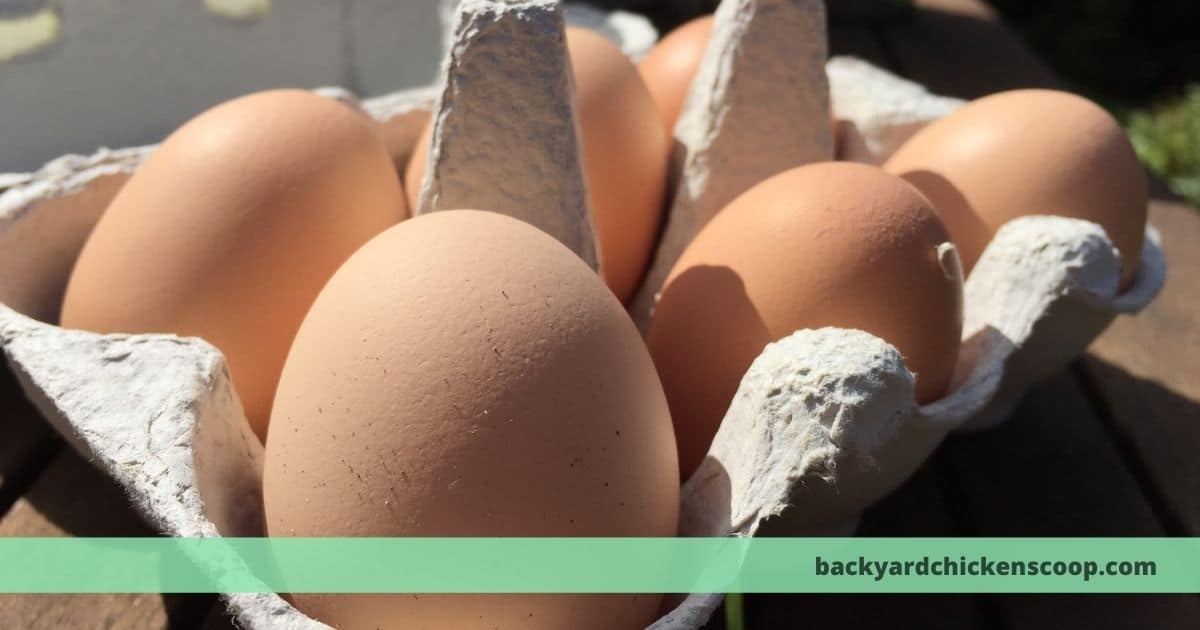Incubating eggs can be a tricky business for beginners. There are very specific conditions you need to maintain to ensure the highest hatch rates for your eggs. The window of appropriate temperatures is fairly small.
Hatching and breeding
Egg With A Tail? Here’s What You Need To Know
Owning chickens for commercial or domestic purposes is fun. If you have been raising egg-laying chickens for several months or years, you have probably encountered different characteristics. The eggs of one hen may differ in colour, size, and shape from others. That is why backyard poultry raising is an exciting and fun activity where you can find lots of learning.
Mating Trauma in Chickens: Fainting and Deaths Explained
Having a chicken faint or die after mating is worrying. The first time I saw this, I was very surprised and of course, worried. So I did a bit of studying.
Chicken eggs layers FAQ: How often, what time and more
Like all other animals and birds, hens, too, like to raise their families and live with them. In the wild, they have all the freedom and time to lead their lives like any other ordinary bird. There is enough food that makes sure their bodies are fit and strong to go through the painful process of laying eggs.
The perfect number og roosters – can you have to many?
Yes, you can have too many roosters? However, you will have to ensure that you have enough space to accommodate many numbers.
How do chickens get pregnant? (Hint: They don’t) all about “chicken pregnancy” – witch actually is something completely different
If you’ve ever lived on a farm you might know the answer to this next question (or you might not); do chickens get pregnant? It’s a question that many have pondered for a very long time because, if you look at most animals, they do get pregnant and they do have babies. But chickens lay eggs all the time that don’t turn into baby chicks, which leaves many a person confused, especially people who want to purchase chickens to keep at home and lay eggs for them as food.
In this article, Do Chickens Get Pregnant? we’ll take a look at this conundrum and try to answer that question along with several others. We might not be able to tell you which came first, the chicken or the egg, but we will definitely tell you how hens make eggs, and how roosters are involved in the process, so read on and enjoy!
Is owning chickens worth it and cost-effective?
One of the first questions people ask me when they hear I have a flock of chickens in my backyard is, “Are backyard chickens worth it?” Here are some other questions that I am asked and a number of reasons I give people who ask me.
How to maintain the perfect humidity levels in an incubator for chicken eggs
If you are a hobby farmer like me who is proud of the chicken that you got from hatching, you know something about the humidity levels in incubators. Patience and care are the most important parts of maintaining the right humidity level in an incubator for chicken eggs.
This is how long you incubate chicken eggs + what happens if you don’t
If you own pet chickens, then incubation is something you will have to practice from time to time. Once your chicken starts laying eggs, you will want to see some chicks hatch, right? It’s a joy to have the number of chickens in your backyard increase.
So, the question we need to ask is how long it takes to incubate chicken eggs. The answer to this question is a confident 21 days.
Why do chicken eggs need to be turned in an incubator?
Turning the eggs in your incubator is one of the most important parts of incubating. Hatch rate can significantly decrease if you do not properly invest in the time to turn your eggs every day for the first two weeks or so of incubation

